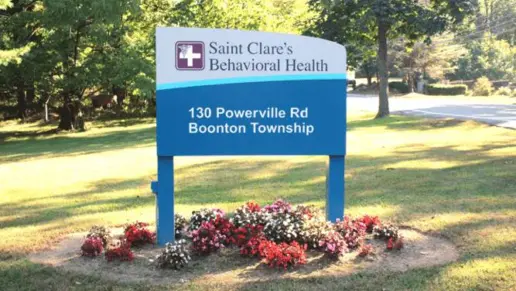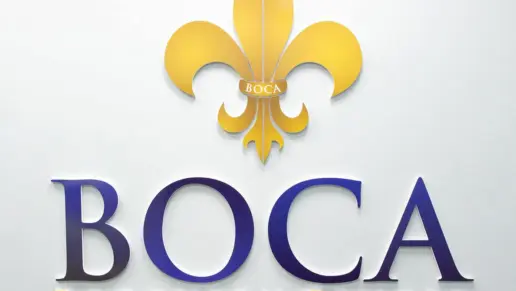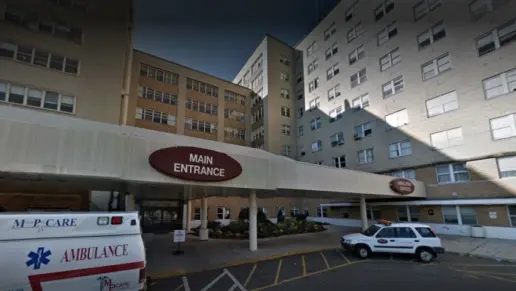I have referred several individuals with whom I'm close to into Advanced Health & Education. From admission to discharge Advanced Health exemplifies professionalism. I'm very familiar with how treatment program work and Advanced Health is a gold standard in how it should be ...
About Advanced Health and Education
Advanced Health and Education is a mental health and addiction recovery program for adults in Eatontown, New Jersey. They provide integrative care in an outpatient setting, including specialized programs for first responders, executives and professionals, members of the LGBTQ+ community, and persons with co-occurring addiction and mental illness.
You’ll get a complete continuum of outpatient care alighted with your evolving needs including intensive outpatient programs (IOP) and general outpatient (OP) programs. Clients can expect evaluation by trained clinicians to diagnose their condition accurately and then provide an effective, customized recovery plan. If you need inpatient detox or higher intensity residential care they can refer you to a trusted provider.
I like that they offer a wide range of holistic treatment options in addition to individual, group, and family therapy. You can engage in yoga, meditation, somatic experiencing, mindfulness, aromatherapy, and other holistic practices. They also offer access to chiropractic care.
The chances of recovery are multiplied beyond simply abstaining from drinking or drug use when addressing behavioral factors. Personality disorders, panic attacks, and depression may be driving the desire to engage in harmful or illicit substances.
Their robust aftercare services ensure that you’re never without support even after your formal treatment ends. Alumni have access to private social media support groups for continued encouragement and peer coaching to help them stay on course.
Past clients have praised how they organize and run the group counseling sessions. Others have said that the staff made them feel loved.
Rehab Score
Gallery
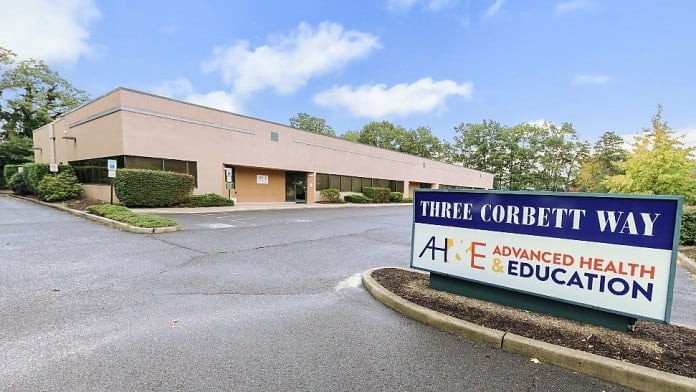
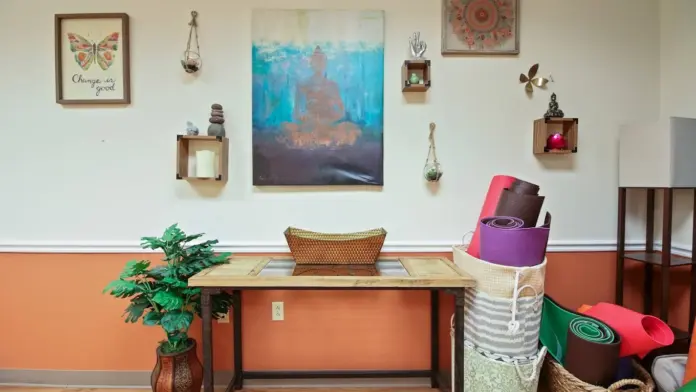
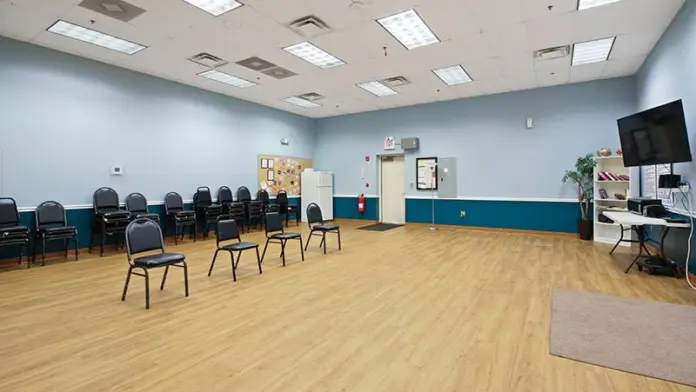
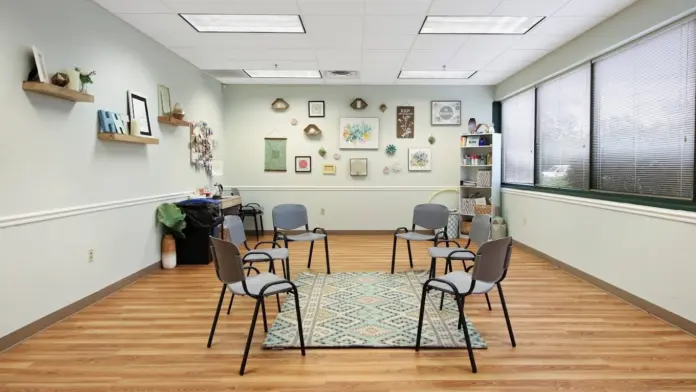
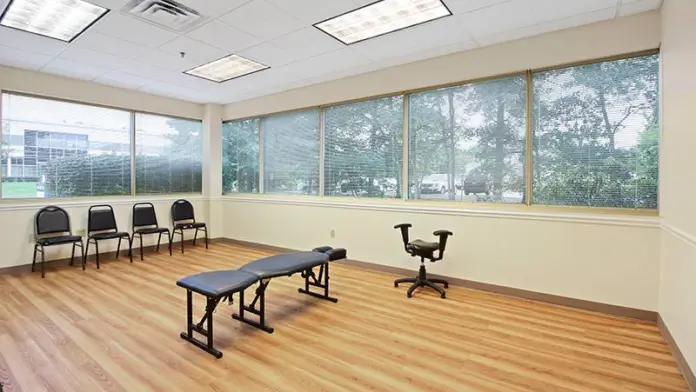
Location
Other Forms of Payment
Private insurance refers to any kind of healthcare coverage that isn't from the state or federal government. This includes individual and family plans offered by an employer or purchased from the Insurance Marketplace. Every plan will have different requirements and out of pocket costs so be sure to get the full details before you start treatment.
Self-pay involves paying for treatment out of your own pocket. You can use savings or credit, get a personal loan, or receive help from family and friends to fund your treatment. If you don't have insurance or your insurance plan doesn't cover a specific program, self-pay can help ensure you still get the care you need.
Medicaid is a state based program that helps lower-income individuals and families pay for healthcare. Medicaid covers addiction treatment so those enrolled can use their coverage to pay for rehab. When a program accepts Medicaid the client often pays very little or nothing out of their own pocket.
Addiction Treatments
Levels of Care
Treatments
The goal of treatment for alcoholism is abstinence. Those with poor social support, poor motivation, or psychiatric disorders tend to relapse within a few years of treatment. For these people, success is measured by longer periods of abstinence, reduced use of alcohol, better health, and improved social functioning. Recovery and Maintenance are usually based on 12 step programs and AA meetings.
Drug rehab in New Jersey is the process of addressing the complex issues involved with addiction. Challenges are identified and addressed through individual and group counseling. Participants learn how to manage these issues without the use of substances.
Many of those suffering from addiction also suffer from mental or emotional illnesses like schizophrenia, bipolar disorder, depression, or anxiety disorders. Rehab and other substance abuse facilities treating those with a dual diagnosis or co-occurring disorder administer psychiatric treatment to address the person's mental health issue in addition to drug and alcohol rehabilitation.
Opioid rehabs specialize in supporting those recovering from opioid addiction. They treat those suffering from addiction to illegal opioids like heroin, as well as prescription drugs like oxycodone. These centers typically combine both physical as well as mental and emotional support to help stop addiction. Physical support often includes medical detox and subsequent medical support (including medication), and mental support includes in-depth therapy to address the underlying causes of addiction.
Substance rehabs focus on helping individuals recover from substance abuse, including alcohol and drug addiction (both illegal and prescription drugs). They often include the opportunity to engage in both individual as well as group therapy.
Programs


Clinical Services
Cognitive behavioral therapy (CBT) in New Jersey typically follows a set structure of treatment. The therapist helps clients identify their life challenges and their thoughts surrounding those challenges. The client then learns to identify unhealthy thought patterns and reshape those into healthy patterns of thinking and behavior.
Dialectical means opposing. The premise of dialectical behavior therapy is to learn how two things that seem to be opposite can actually be true. You learn how to accept yourself while also making changes. The focus is on accepting your emotions and changing how you manage them.
They offer programs for families of addicts and alcoholics at our rehab center in NJ. Family support can be a significant source of encouragement for people new in recovery. In their family therapy sessions, members discuss how they have been impacted by a loved one’s addiction and begin the work of resolving family issues so that the transition from treatment back to life can be made as smooth as possible.
Group therapy is any therapeutic work that happens in a group (not one-on-one). Clients participate in group counseling sessions, which helps them to develop a sense of community reliance in the struggle to get clean and sober. Their treatment groups foster growth and healing through their challenging but supportive treatment processes.
In individual therapy, a patient meets one-on-one with a trained psychologist or counselor. Each client works with an assigned counselor for individual therapy. The counselor helps identify and address the client’s underlying addiction drivers, provides relapse prevention strategies, and create a sustainable long-term recovery plan.
Motivational interviewing helps clients find their motivation to change. It can be an effective method to work with clients who are angry or hostile or feel insecure about their ability to make changes in their lives. It is often used during addiction treatment or to manage physical health conditions.
For best results, nicotine replacement therapy (NRT) should be combined with other methods to quit smoking. While NRT addresses physical dependence, other quit program elements are necessary to address emotional and mental dependence. Together, these supports can help you successfully quit tobacco for good.
Most experts in couples therapy are trained in several modes of treatment. This allows your therapist to draw from various techniques to personalize your therapy for your needs. This may include cognitive, emotional, and behavioral methods, which are all designed to help you strengthen your relationship.
Trauma therapy provides a structure to approach healing from past traumatic events that you may have witnessed or experienced. Your therapist will work with you to identify and process these memories. This helps promote a sense of safety and stability and helps you heal emotionally.
Amenities
-
Residential Setting
-
Private Setting
-
Yoga Studio
-
Private Rooms
Accreditations

The Joint Commission, formerly known as JCAHO, is a nonprofit organization that accredits rehab organizations and programs. Founded in 1951, the Joint Commision's mission is to improve the quality of patient care and demonstrating the quality of patient care.
Joint Commission Accreditation: Yes
Accreditation Number: 569425

LegitScript has reviewed Advanced Health and Education as part of their certification program, and has determined that it meets the LegitScript standards for legality, safety and transparency.
LegitScript verified in April 2020
Contact Information
3 Corbett Way
Eatontown, NJ 07724
